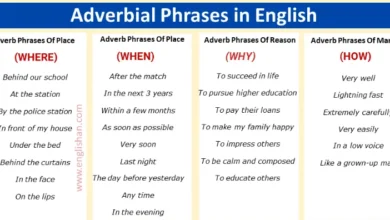Difference Between Aphorism And Adage
The difference between aphorism and Adage lies in its complexity and syntax. Aphorisms are short, concise phrases that express a profound or philosophical idea with complex, abstract syntax, while Adages are short, popular phrases that encapsulate a commonly accepted truth with simple, direct syntax.

Both types of phrases have value in transmitting teachings and wisdom in a brief and easily remembered format.
What is The Difference Between Aphorism And Adage?
What is an aphorism?
An aphorism is a short, concise phrase that expresses a deep or philosophical idea. Often, aphorisms are created by writers, philosophers or poets and are used to convey a teaching or reflection.
They usually have complex syntax and are usually more abstract than adages. An example of an aphorism is Friedrich Nietzsche’s phrase: “What does not kill you makes you stronger.”
What is an adage?
An adage is a short, popular phrase that encapsulates a commonly accepted truth. Adages are often used to convey practical wisdom and are easily understood by anyone.
Unlike aphorisms, adages usually have simple syntax and are often used in everyday language. An example of an adage is “Prevention is better than cure.”
Aphorism Vs Adage:
Comparative Table
| Aphorism | Adage |
|---|---|
| short phrase | short phrase |
| Syntactically | Syntactically |
| Complex | Simple |
| Philosophical | Popular |
| Creative | Repetitive |
| Aim | Subjective |
Conclusion
Although aphorisms and adages share some similarities, there are some key differences between them.
While aphorisms tend to be more complex, philosophical and syntactically elaborate, adages tend to be more popular, simple and direct.
Both types of phrases are valuable for their ability to convey profound teachings and wisdom in a short, easily remembered format.
Also READ:
- Difference Between Antithesis And Oxymoron
- Difference Between Archetype And Stereotype
- Difference Between Attitude And Behavior
- Difference Between Anarchy And Tyranny
- Difference Between Nocturnal And Diurnal Animals
